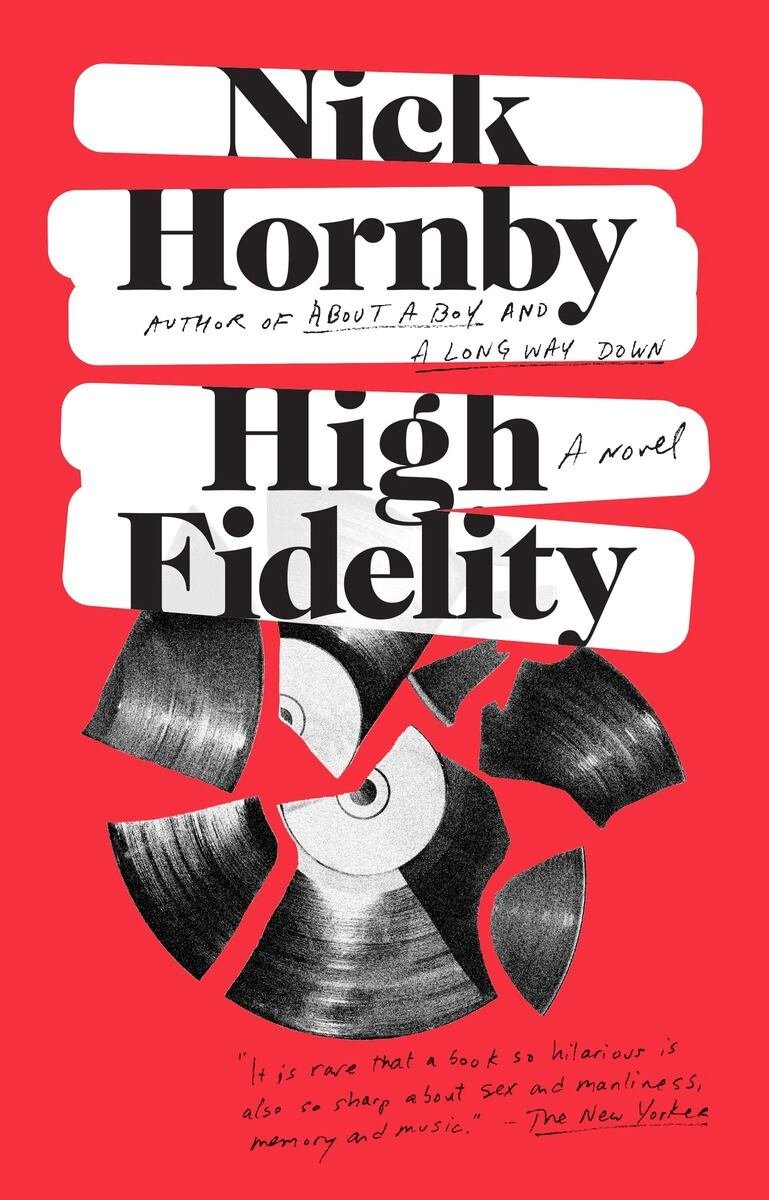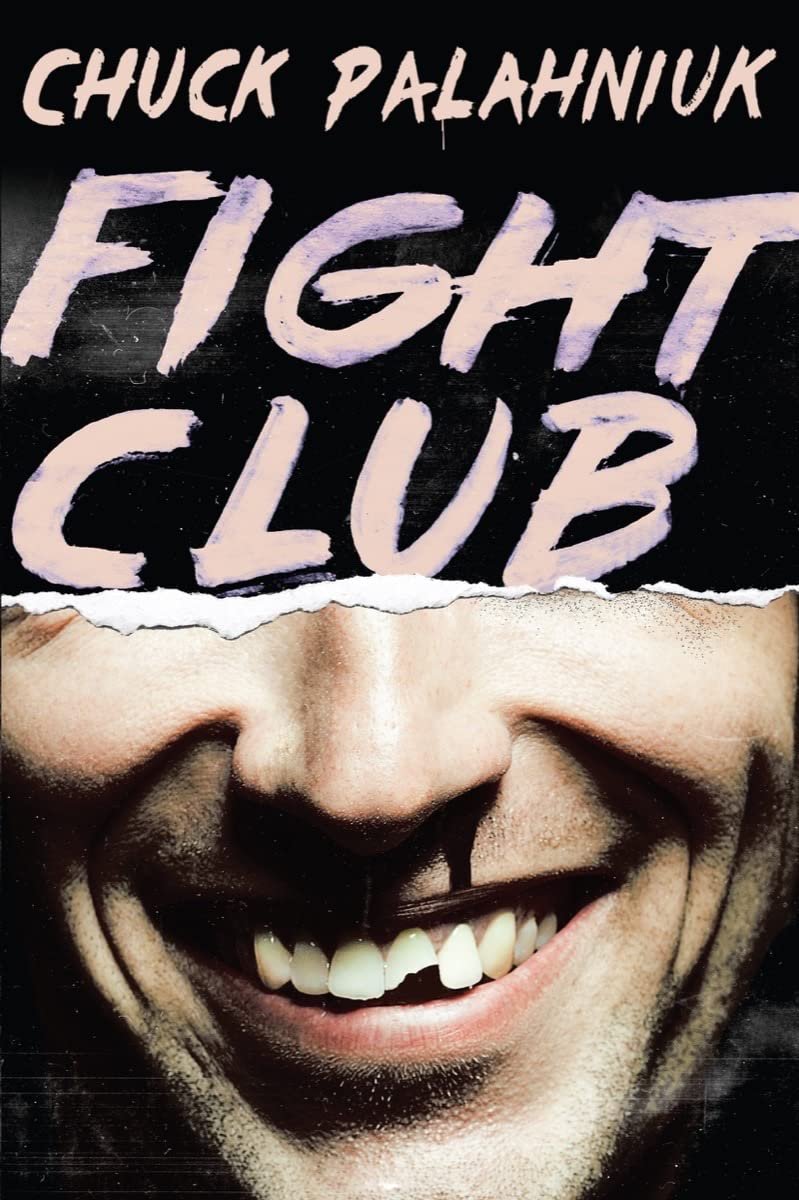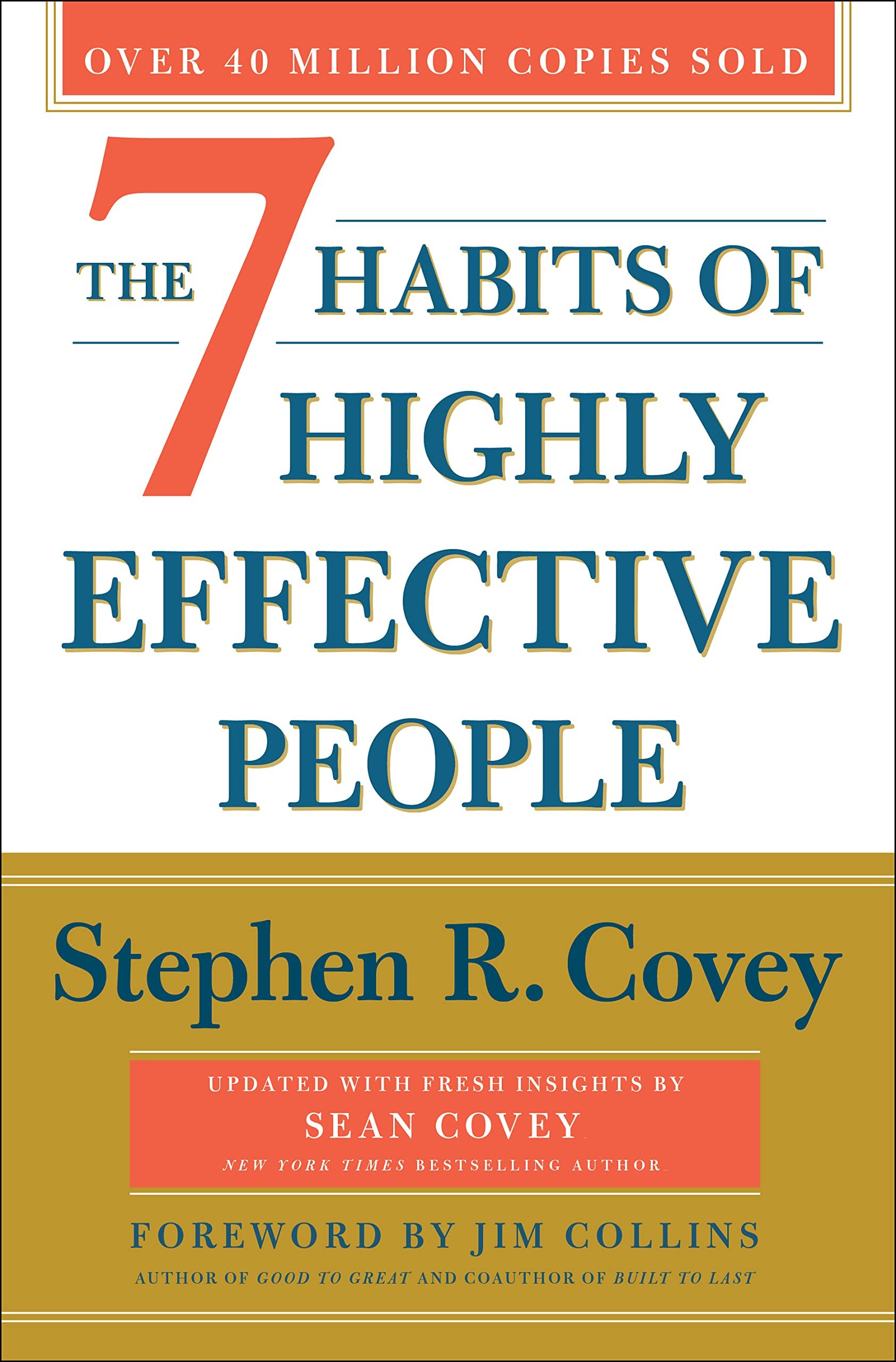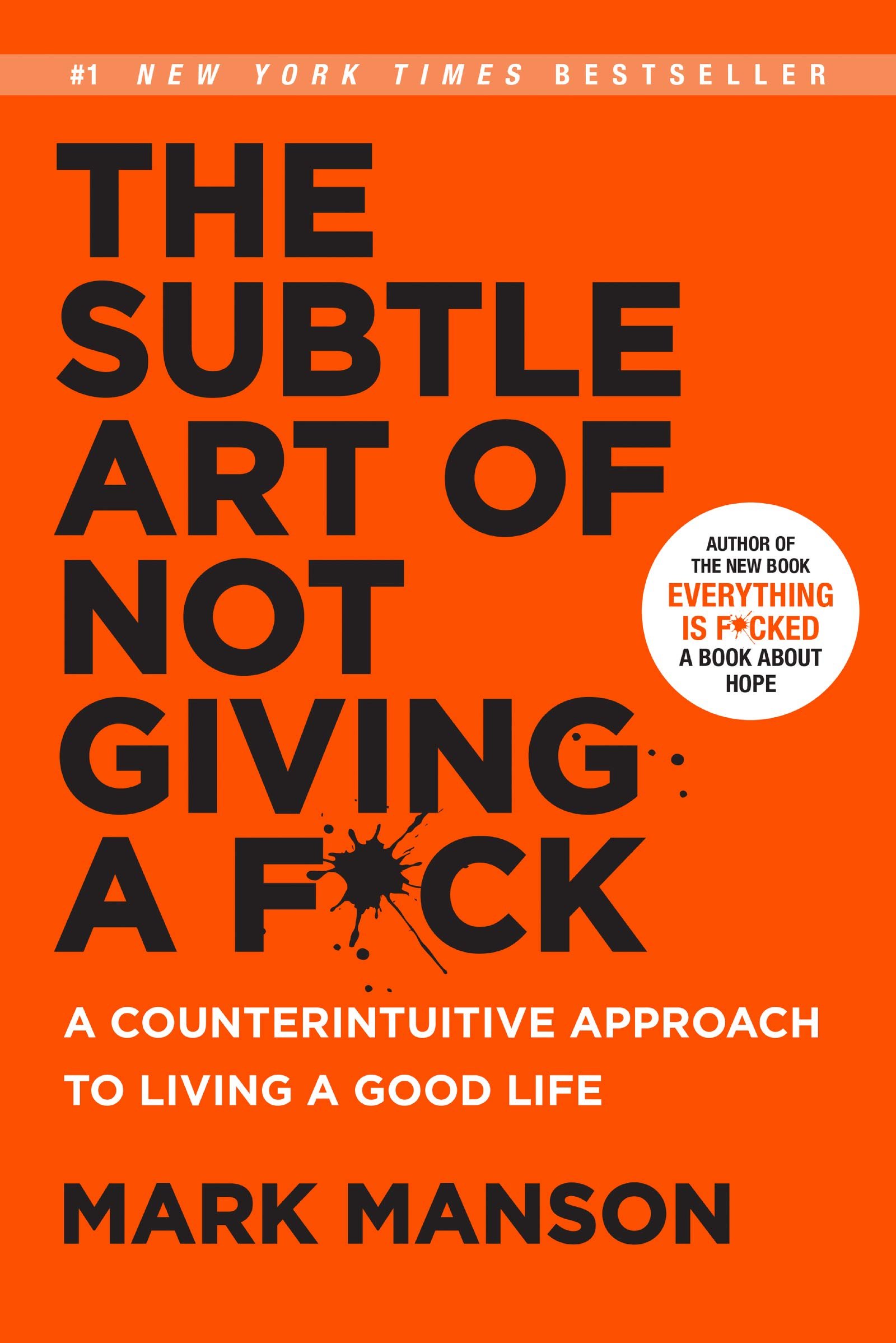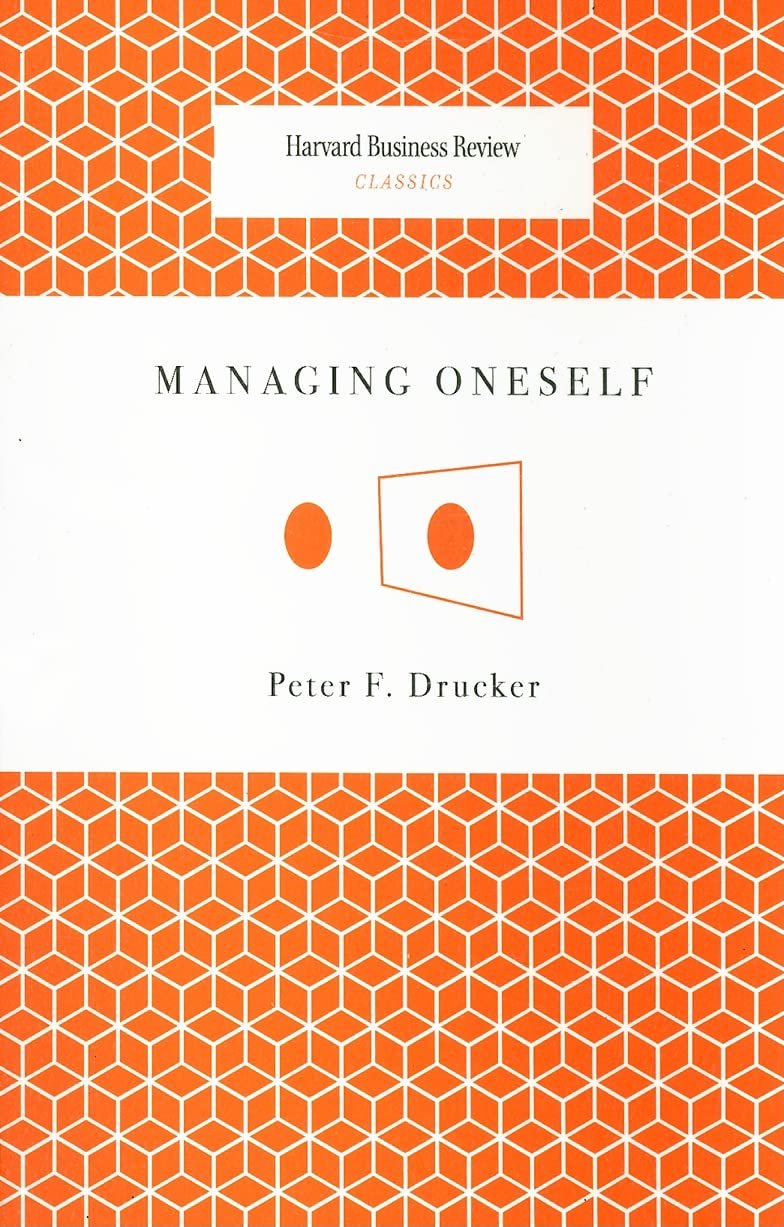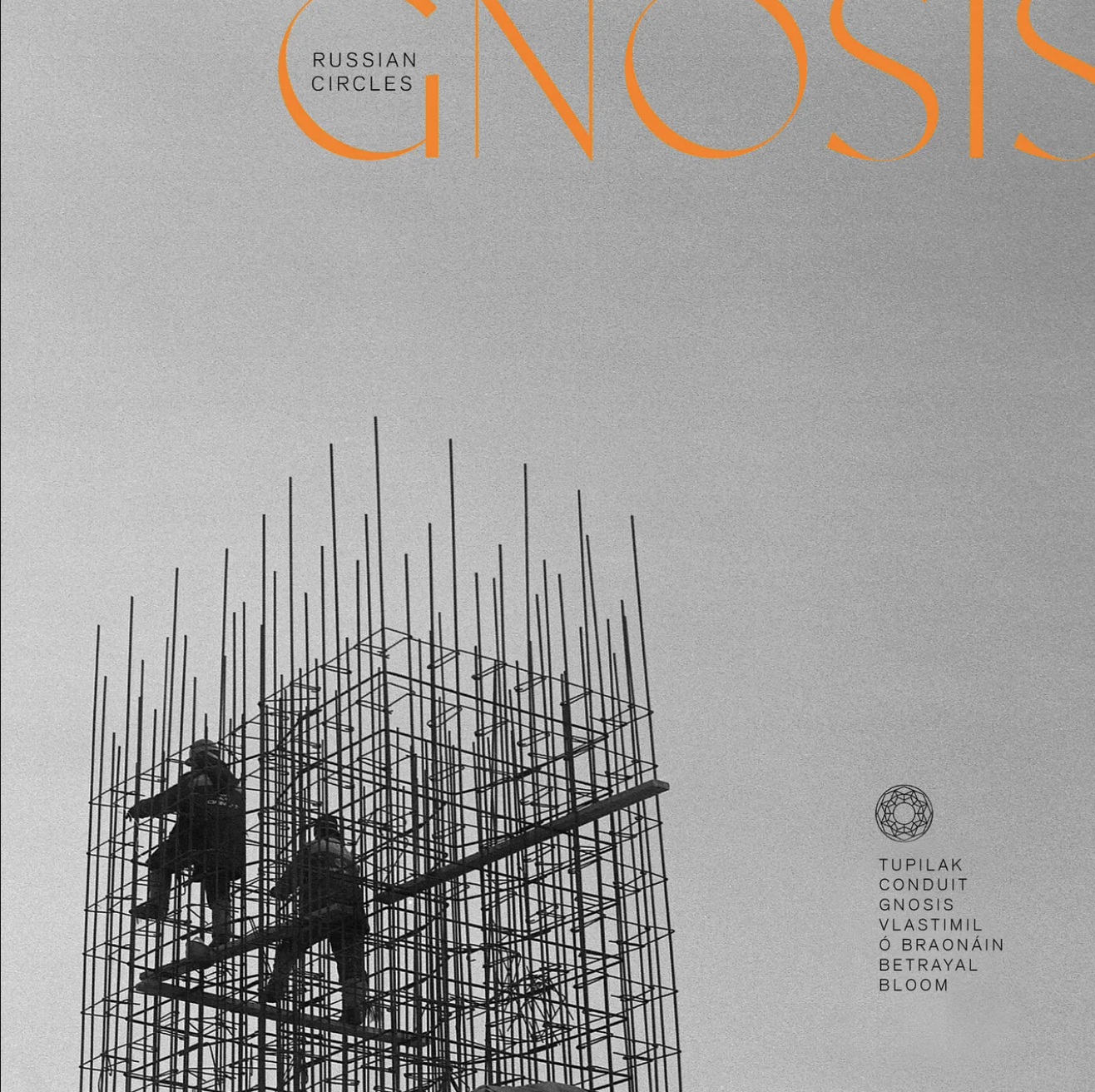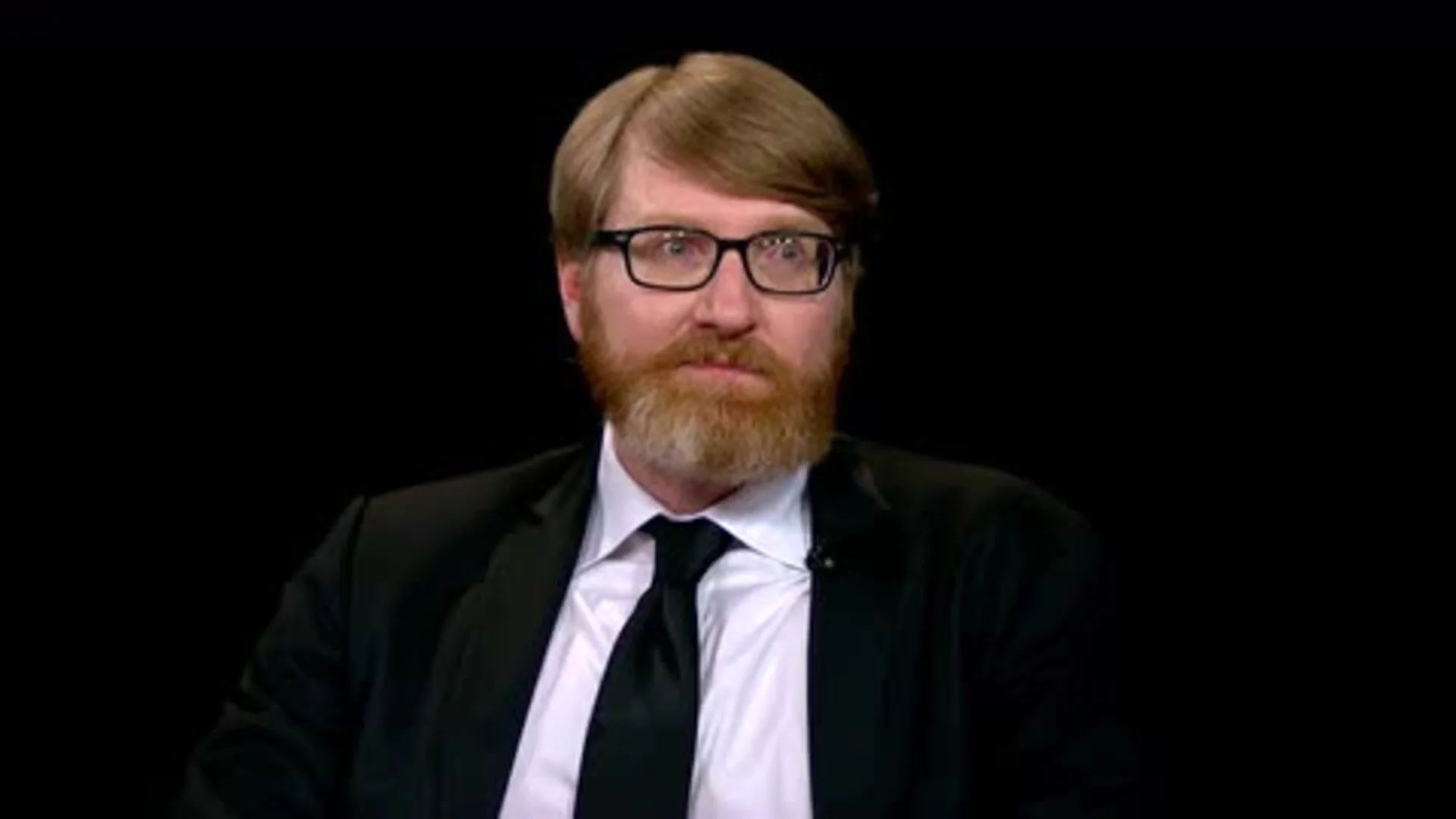The Books That Changed My Life
According to Goodreads, I've read 1320 books over the forty years where I existed on this planet. This is a somewhat reliable approximation, but the exact number is anywhere between that and 1500. Mostly novels, essays, criticism, philosophy and personal development books and even if I’ve been a reader all my life, I've read the great majority of them in the last twelve or thirteen years. Starting this site and Goodreads yearly challenges worked wonders for my reading output.
What happens when you read this many books is that your standards elevate, whether you like it or not. Certain types of books start blending together. Authors who have a legit voice separate themselves from the pack. Your taste also start defining themselves. You stop reading everything you can get your hands on and you start chasing thrills and wisdom that you know are suited for your sensibility. You gain an increasingly better understanding of who you are as a reader, but also as a person.
I've criticized the heavily romanticized perception of readers in popular culture before, but books did change my life. More than once and more than cinema, television or video games ever did. What does "changing someone's life" even means, though? It is art's purpose to affect people emotionally. It regularly moves people to tears, but it rarely affects their personality.
To celebrate my forty years around the sun and the little wisdom I've gained (mostly from books) along the way, I've listed below the eight books that actually changed my life. Works that I've learned something from and that had a direct effect on my existence afterwards. The effect can be small or it can be major. The important is that it had an effect at all. I figure that if they had a positive effect on me, they could also have positive effect on you or someone you love.
Nick Hornby - High Fidelity
I never was a heavy sleeper. Early in my teenage years, I started turning the radio on before I went to bed. The chatter of strangers would short circuit the chatter in my own head and ease me to sleep. I used to listen to a literary broadcast on CBC between 10 and 11 PM. Some type of book club that would discuss and analyze anything from Dante to whatever was popular at the moment. I was thirteen or fourteen years old when I heard the two hosts talk about Nick Hornby’s High Fidelity.
Today, I would argue that being thirteen or fourteen years old in the 1990s is exactly the right time and place in your life to get into Nick Hornby, but it’s beside the point. High Fidelity is a love-letter to nerds written years before nerdom was ever cool or commercially viable. It's the story of a man trying to understand himself through his relationship with culture, which he literally constructed his life around. Back then, my relationship to culture was the most significant I had.
Effect on me: big then, small now
What happened after I read it: It turned me into a reader
Chuck Palahniuk - Fight Club
When Fight Club came out in theatres in 1999, I did like everybody else: I didn't go. The only thing I knew about it is that some local dumbass watch it, went over to his cousin's house to deck him in the face and say: we're starting a fight club." I had to actually READ THE NOVEL and THEN watch the film before giving it consideration. As soon as I did that, I've read the novel and watched the film a second time. Today still, it's one of the films I've seen the most. Fifty times, more or less.
I've been extremely protective of Fight Club over the years, because it's a novel that is often profoundly misunderstood. It's about the self and the ideal. It's about bridging the gap between the two and finding some kind of in-between where you can be your real self. It’s also about masculinity, violence and consumerism, but these aspects take the backseat to what I've previously mentioned. Even today, I believe it's the book that had the most profound effect on me.
Effect on me: immense
What happened after I read it: I got into martial arts.
Chuck Klosterman - Sex, Drugs & Cocoa Puffs
I was reading David Foster Wallace at my dead end call center job one day in 2010 when my friend Jarrod (who's still my friend today) told me: "If you like that guy so much, you should try Chuck Klosterman. He's somewhat of a hipster, so I don't know if it's totally your jam, but it's worth a try, I'd say." I visited the nearest bookstore and bought this intriguing, oddly titled books that same day. Little did he know, Jarrod had invented Dead End Follies as you know it today.
I cannot tell you how great it felt to read someone discuss John Cusack, The Sims, the Pamela Anderson sex tape and various other pop culture topics with the utmost serious. I had just. been chewed out of academia then and through Sex, Drugs & Cocoa Puffs, I reconciled with my intellectual and inquisitive nature. Chuck Klosterman made it OK for someone like me to think critically about culture that was perceived to be of low values and he made it Ok to do it on my own terms.
Effect on me: immense
What happened after I read it: Dead End Follies became Dead End Follies.
Stephen R. Covey - The Seven Habits of Highly Effective People
A boring choice perhaps, but this book sold over 40 million copies and remained a ubiquitous since its publishing for a reason: it works. The Seven Habits of Highly Effective People was recommended to me by a mentor in a difficult period of my life where I had just finished school and struggled to find my place in the world. While it didn't hand me a golden key to success (no book really does that), it equipped me with proper tools to communicate more efficiently.
That was a huge weakness of mine then. One of the habits stuck with me in a different way: seek first to understand, then to be understood. In a world where most people just want to get by, being able to say "I don't understand" is a super power. It was such a revelation for me. Few people say it. They're afraid to be perceived as dumb or behind everyone else in some way, but what it does is that it signifies to whoever you're saying it to that you fucking care about understanding them.
There's power in that.
Effect on me: important
What happened after I read it: I became more successful professionally.
Blake Butler - 300 000 000
Without a doubt the best novel I've read in thirteen years on this site. I've learned of its existence through Brian Lindenmuth on social media and unexpectedly started reading it on a plane to Turkey in 2014. My relationship to literature was never the same ever since. 300 000 000 redefined the realm of what was possible. It redefined the realm of what I should expect from novels. I still cannot 100% explain why, but no book has made such a lasting impression on me in over ten years.
To resume the plot of 300 000 000 in a simplistic way would be: everyone in America kills one another until there is only one person left. That would leave aside all sorts of considerations that give this novel its depth and texture: its fascination with the American home, Southern Gothic sensibilities, contradictory fragmentation, etc. I've read it twice already and I'm contemplating a third read-through in 2023 because I have unfinished business with it, which might be by design.
Effect on me: medium
What happened after I read it: I learned where to seek intellectual and emotional stimulation.
Warren Ellis - Transmetropolitan
Whether you agree or not, writing has been utterly devalued by the internet. In a world where not only everybody can theoretically do it and where they kind of have to do it in order to communicate with one another, hiring someone solely to write seems like a waste of money. At least, it's how I perceive my best skill until I started Transmetropolitan I believe sometime in 2016 or 2017. I originally borrowed it from a coworkwer who was letting it rot away on his desk.
As idiotic as it might sound, this series changed the course of my professional career. InTransmetropolitan, reporter Spider Jerusalem literally controls the ebbs and flows of civil unrest with his editorials. His observations shed lights on conspirations the everyman had no idea about. Warren Ellis literally wrote a graphic novel about the value of information, which ultimately lead me to change careers and pursue a future in media. That was a huge revelation to me.
Effect on me: important
What happened after I read it: I became a journalist.
Mark Manson - The Suble Art of Not Giving A F*ck
Another "boring" pick. What does a book that is sold at American Apparel can possibly have to offer? Well, I invite you to look beyond the lurid title and cover even if (from a marketing standpoint) they are the book's selling point. With The Subtle Art of Not Giving A F*ck, Mark Manson has, in my opinion, ended the game of self-help and personal development. I have no idea why anybody seeking to better themselves would pay any attention to anyone else in the game but him anymore.
What Manson does isn't complicated. He reads all the self-help and personal development books for you and curates the valuable stuff. The big paradigm shift moment that The Subtle Art of Not Giving A F*ck offered me goes as follows: there is no such thing as a life without problems. The only thing you can wish for is to improve the quality of the problems you have. You have to find what you're willing to suffer for. Reading this prompted a huge change of attitude from my part.
Effect on me: immense
What happened after I read it: I learned to embrace the pain I needed to embrace to become successful.
Peter Drucker - Managing Oneself
Another suggestion from the same mentor that suggested that I'd read The Seven Habits of Highly Efficient People. This is a very different book, albeit, much simpler. Peter Drucker was a management expert and in Managing Oneself , he claims that anyone in a management position should start with a self-assessment like one he would do of one of their workers. It's a very short book. Around 70 pages and you can very well read it in one sitting if you feel fired up enough.
My main takeaway of this book was: always operate from a position of strength. Our weird Judeo-Christian haunted society is constantly hammering us with the need to make us for our shortcomings. It tells us we need to improve on our weaknesses to become better balanced workers and human being, but Peter Drucker disagrees. He says that focusing on your weaknesses will get you from bad to mediocre, while focusing on your strength will get you from good to great.
It's the best career advice I've ever had.
Effect on me: medium
What happened after I read it: I gained a better understanding of my value in the professional world.


